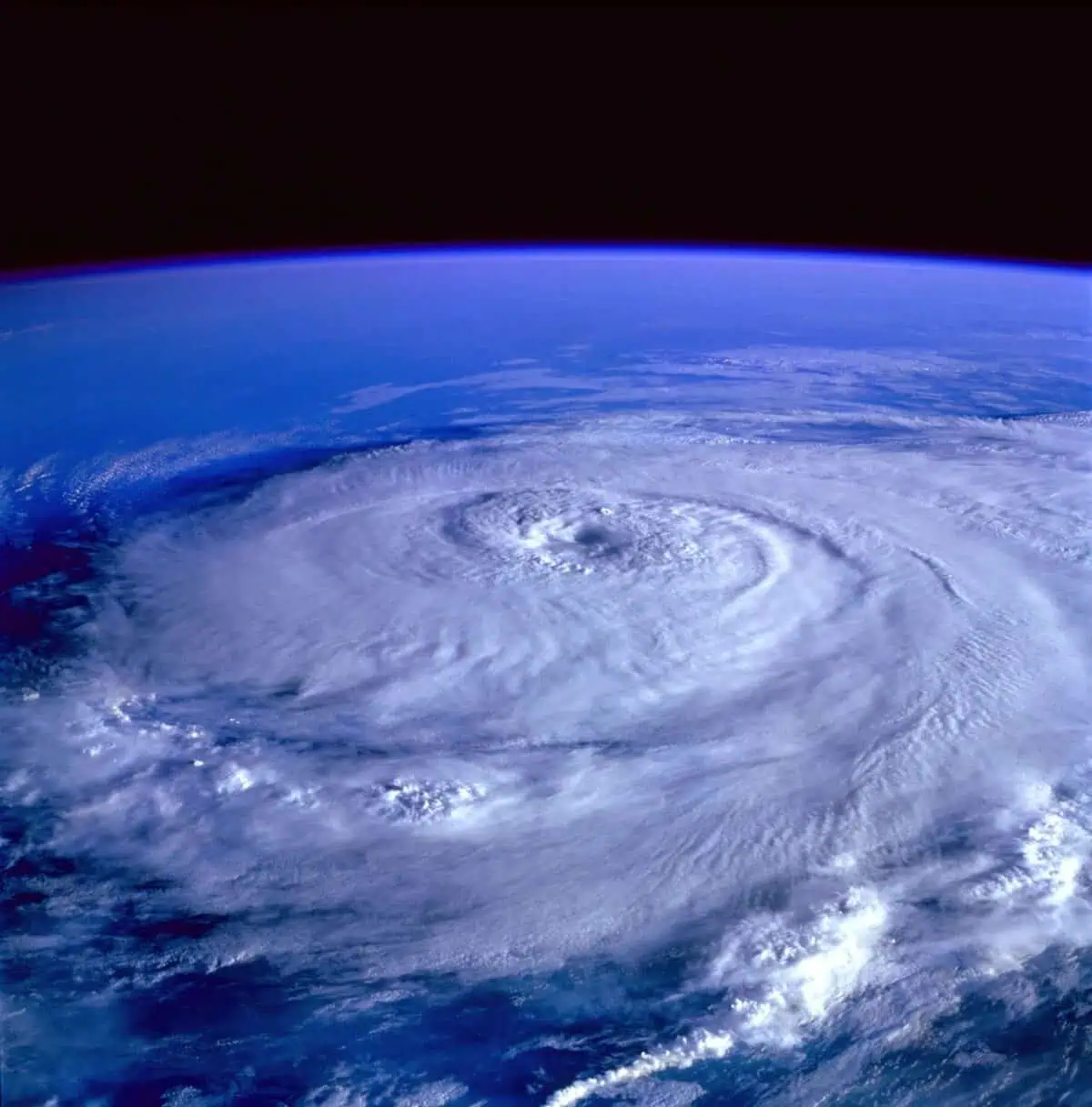Psychological science offers evidence-based strategies for coping with unexpected, uncontrolled disasters amid a staggering death toll and devastation in Florida.
Listen In
It’s crucial to be aware that individuals frequently feel very intense emotional reactions when a storm makes landfall and causes devastation to houses and entire towns.
Frank C. Worrell, PhD, president of APA, said: “We comprehend the concern individuals across the state of Florida are facing right now. Please observe all safety precautions and adhere to your local and state emergency response officials’ directives.
You are not the only one who may be upset. However, you can better regulate your feelings, thoughts, and behaviors if you are aware of the common reactions to extreme events.
Following a hurricane or other traumatic incident, you have several options, including the following:
- Realize that this is a difficult period. Keep yourself protected and go slowly. Ensure you’re looking after yourself and your family in a secure environment. Do not take any actions that might jeopardize your safety or the safety of those you care about.
- You could feel uneasy responses like shortness of breath, trouble focusing, forgetfulness, or distractibility. Under the conditions, such is typical. A normal response to an abnormal circumstance is an abnormal response.
- Permit yourself to lament the losses you have endured. Recognize that you might feel a range of different emotions.
- Your location in relation to the storm will determine where you can access information. Keep up with the latest recent alerts and information if you can access the news.
- Seek the assistance of those who will listen to you, care about you, and have compassion for your predicament. But remember that your regular support system may be compromised if individuals close to you have also seen or seen the hurricane.
- Relaxation techniques may help you get some rest if you have trouble falling asleep. Avoid using alcohol and drugs as they might make you feel more depressed and prevent you from taking the necessary action to be resilient and cope with life’s challenges.
Tips To Protect Your Physical And Emotional Health After Hurricane Storm
Physical Risks Abound; the recovery process following a hurricane can be physically demanding. Additionally, it may be pretty harmful. The following advice can help you, and your family stays safe as you reintegrate into daily life:
1. Don’t Use Wet Electrical Devices
Electrical shock is a threat that exists everywhere. Turn off the electricity to the house and unplug any wet devices that are still connected.
2. Use Flashlights Instead of Candles
Don’t use any open fires since your home may contain dangerous vapours. Your best bet is almost always a flashlight.
3. Take Extra Care Around Damaged Properties
Hurricanes may inflict significant structural damage that isn’t often visible due to their tremendous winds. Till a specialist certifies that damaged houses and structures are safe, stay away from them.
4. Be Aware of Carbon Monoxide
Carbon monoxide can be produced using tools and machinery that burn gas or coal. Therefore, refrain from using any of these items indoors. Also, never put a portable backup generator indoors or in a garage if you’re using one. It must be outside and at least 15 feet away from your house.
5. Avoid the floodwaters
Floodwaters can be unexpected and bring pathogens that could cause illness. Avoid whenever you can, and if you are exposed, follow the advised steps.
6. Keep Away from Power Lines
Report downed power lines and avoid the area around them since water and electricity wires can be fatally combined.
How Psychologists Can Help
People who endure sustained emotional distress during a hurricane that interferes with their everyday activities may speak with a qualified and experienced mental health practitioner.
Psychologists and other qualified mental health professionals can help people learn about typical reactions to high stress and develop a strategy for the future.
To assist people in managing their emotions in the wake of traumatic experiences, psychologists can offer therapies supported by research. Psychologists most frequently employ treatment (sometimes referred to as psychotherapy or talk therapy).
There are many different therapeutic approaches, but the psychologist will pick the one that best addresses the patient’s issue and complements their personality and preferences.
Cognitive, behavioral, interpersonal, humanistic, psychodynamic, or a mix of many treatment methods is some popular forms of therapy. Individuals, couples, families, or other groups might get therapy.
Hypnosis, which has been shown in studies to help treat a variety of diseases such as pain, anxiety, and mood disorders, is a skill that some psychologists have undergone training in.
Therapy and medicine are sometimes the best courses of treatment for some illnesses. Psychologists collaborate on patients’ overall care with general practitioners, paediatricians, and psychiatrists for those who benefit from medication.
Conclusion
The aftermath of a hurricane did not only lowers the quality of life but also throws a significant burden on one’s physical and mental health and that of the community.
To lessen the negative impacts of the disaster on people’s emotional and physical health, effective treatments should be delivered before, during, and after the disaster.
Due to incorporating several efficient strategies, therapeutic interventions using psychosocial education would provide superior results.

